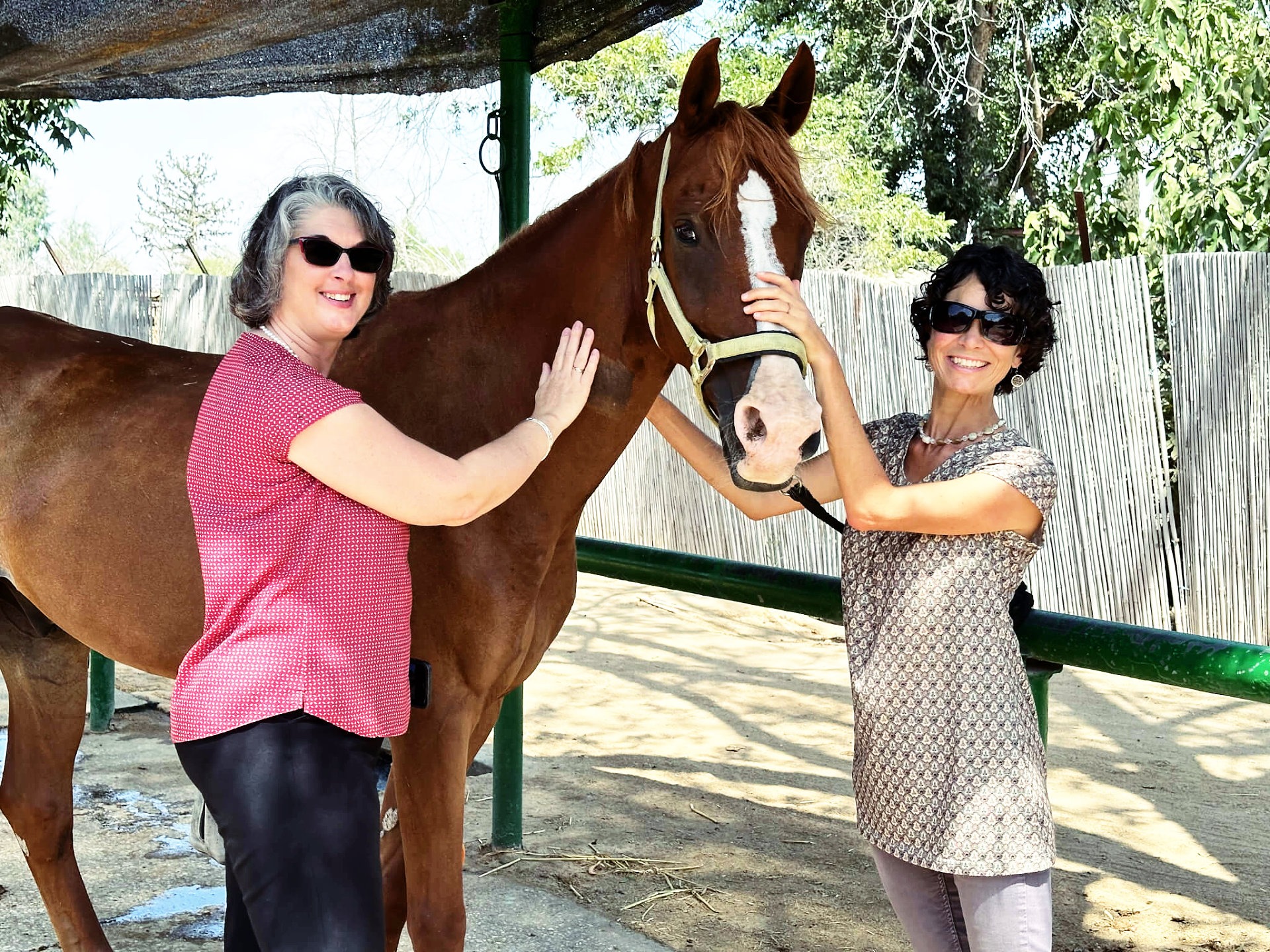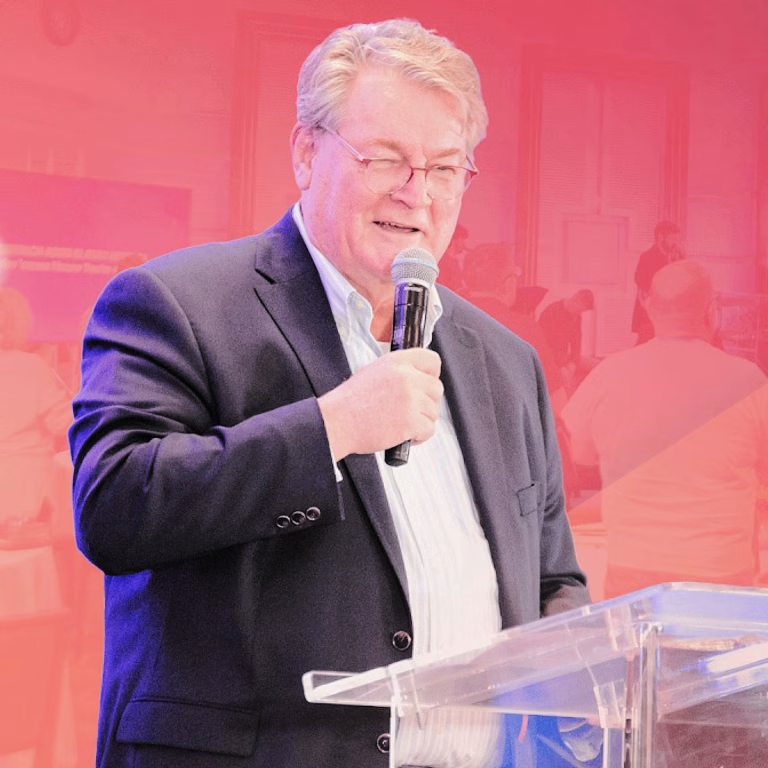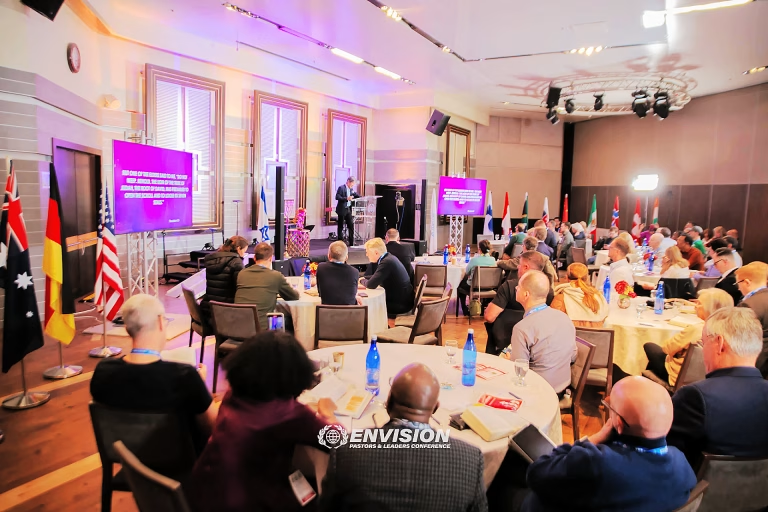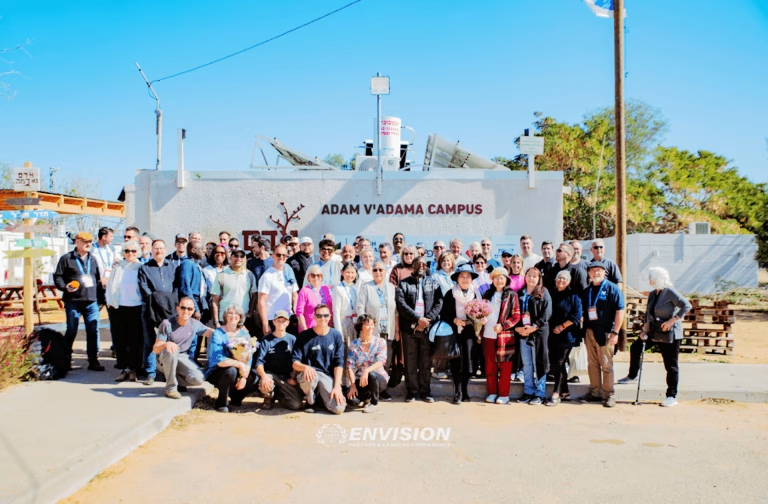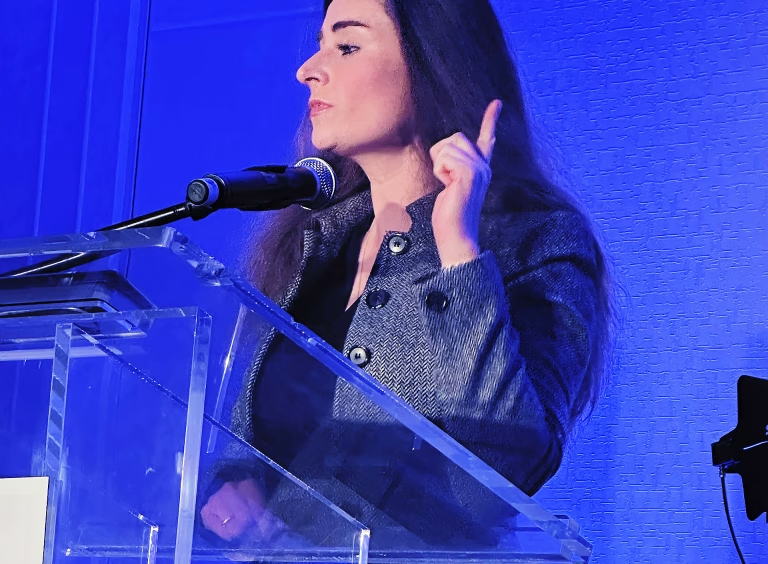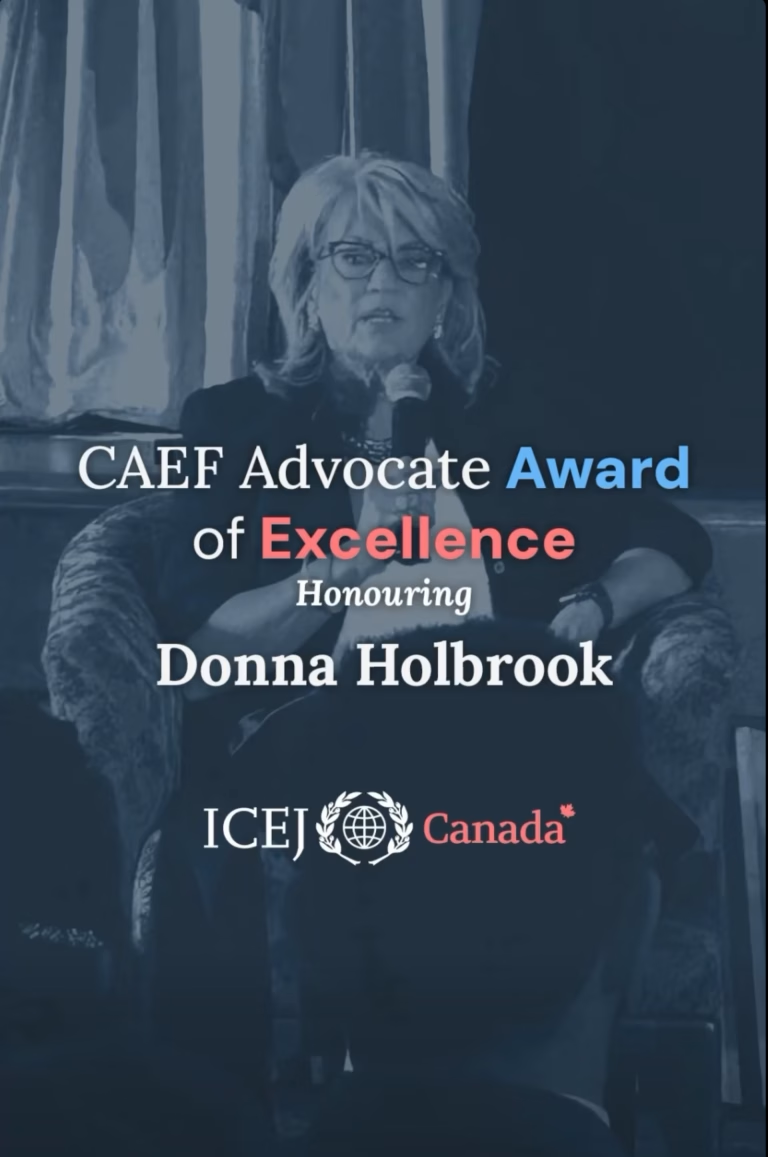By: Marelinke van der Riet
Not far from the Gaza border, Kibbutz Urim stands as a testament to Israeli resilience amidst the adversity of living for years under the constant threat of terrorism. Established in 1947 by Bulgarian Jewish immigrants, this community of nearly 500 members is devoted to Israel, with every young adult serving in the IDF upon turning 18. However, recent decades have sorely tested their resolve – even well before the October 7 massacres last year.
The tranquil atmosphere at Kibbutz Urim belies the harsh reality these residents of the western Negev have endured for over two decades. The incessant threat of rocket attacks repeatedly forced families into bomb shelters at a moment’s notice. Add to that the terror tunnels and incendiary balloons coming from Gaza, which gnawed away at any sense of security. Many families lost loved ones to Palestinian terrorism. For children growing up in this environment, the fear and trauma left profound psychological scars. Many youngsters regressed emotionally, lost their joy, or developed negative defence mechanisms.
Recognising their community’s need for proper counselling, kibbutz members established a horse therapy farm particularly aimed at healing the deep wounds in their children, using an innovative method known as zootherapy. This type of therapeutic approach uses animals as mediators to treat people suffering from sensory, physical, intellectual, or psychological disorders.
The technique has proven its worth worldwide, with tangible effects apparent from the very first sessions. As the children establish relationships with animals, it promotes a sense of well-being and other physical and mental benefits, such as lower heart rates and stress reduction. This is especially true with therapy horses, as children learn to trust again through interaction with such large but gentle animals.
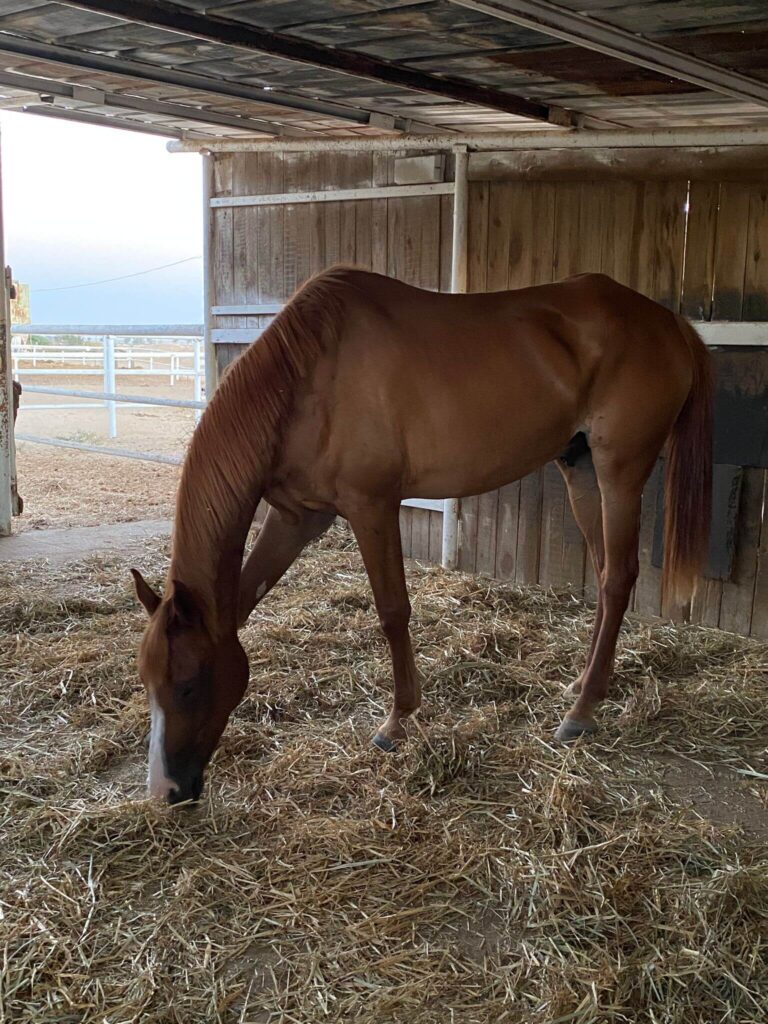
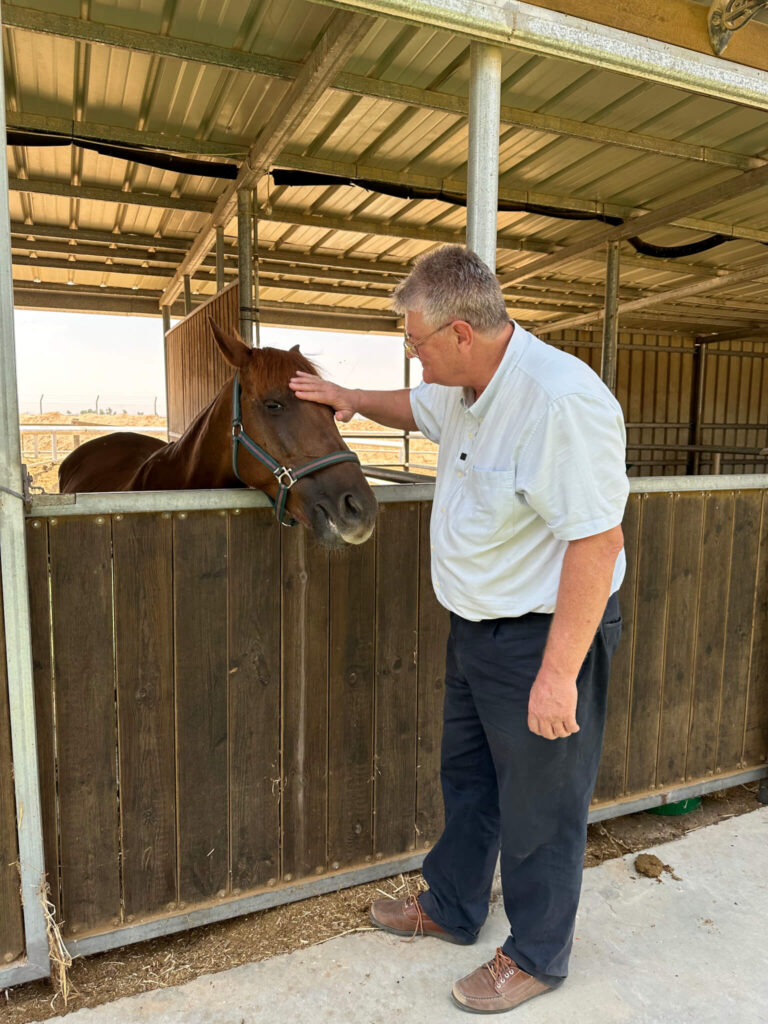
The International Christian Embassy Jerusalem began sponsoring horse therapy sessions at Kibbutz Urim and quickly saw the positive impact on the children, so we went a step further. Thanks to generous donations from Christian friends in Switzerland and Canada, the ICEJ decided to donate two therapy horses, “Andy” and “Diana”, to the therapy farm. It just so happened they were delivered to the farm in the wake of the October 7 massacres, when the need for such trauma therapy treatments suddenly multiplied among all the children of the region.
Currently, 96 children are enjoying horse therapy lessons at the farm. However, the demand is much higher now, and an additional 84 children are currently on Urim’s waiting list. Since 90% of children in the region suffer from varying degrees of trauma, increased support and resources are needed. Riding and grooming sessions, initially limited to 30 minutes, have been extended to 50 minutes to meet the considerable needs of the children. While the therapeutic benefits are evident, parents find it difficult to afford the longer lessons, so outside support is crucial to help families give their children the care they need.
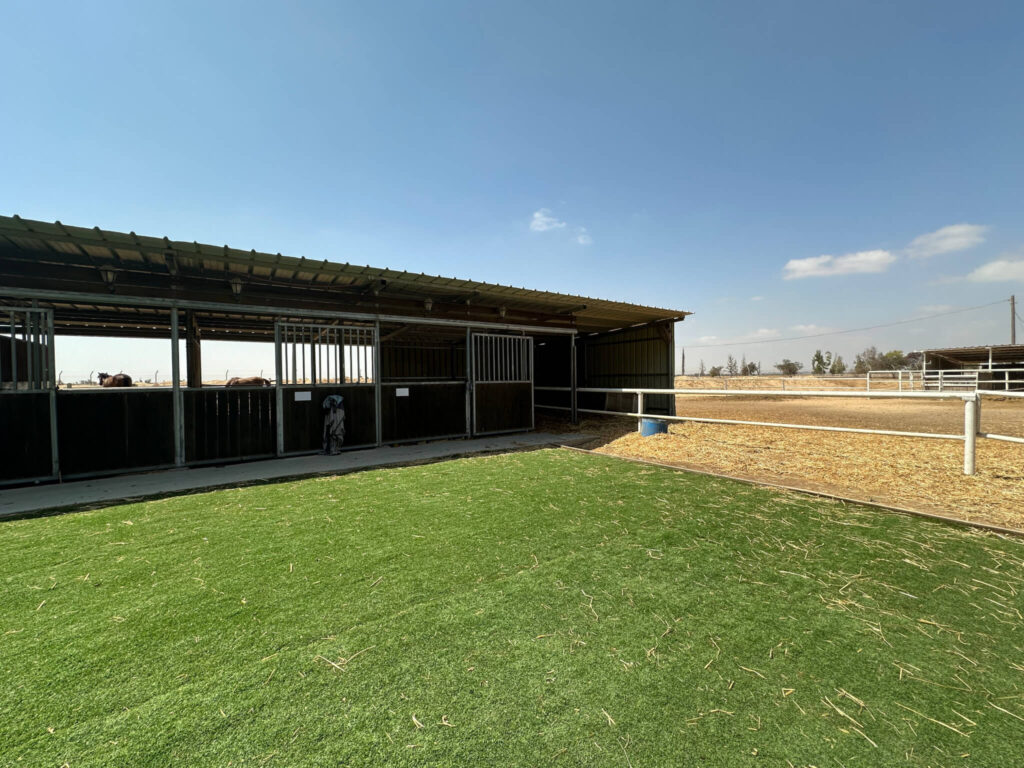
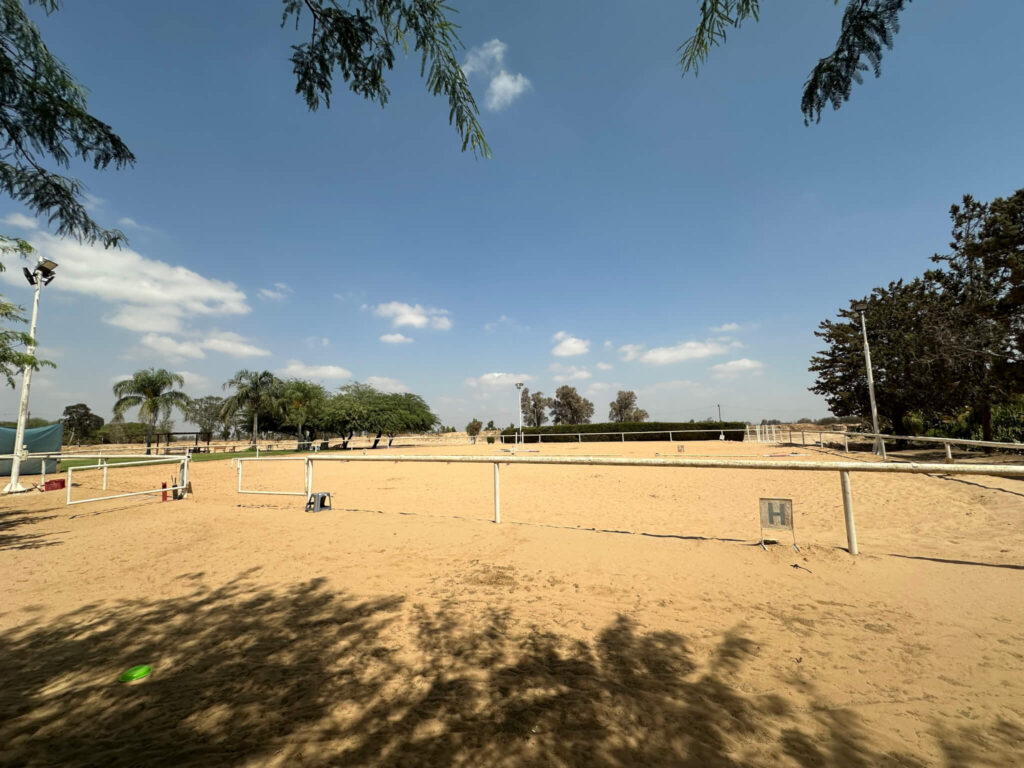
The impact of the horses has been profound. Take Erez, for example, a young Israeli boy who was kidnapped by Hamas and held captive in Gaza for 50 days before his release last November. Just two days after being freed, he requested to reunite with his beloved horse, “Dingy,”. Despite the challenges of gaining permission to visit the Urim horse farm, located at the time in a closed military area, Erez arrived and spent over two hours riding. He later shared with his teacher that the thought of riding “Dingy” again was what had kept him strong during the long days of his captivity in Gaza.
Another memorable moment on the farm came when a small 5-year-old boy brushed a horse while singing loudly. Looking on from nearby, his mother was in tears. She explained that her son used to sing all the time, but after being stuck in a safe room for 12 frightful hours last October 7, he had stopped singing altogether. Yet grooming the horse at the Urim farm that day sparked his singing again for the first time.
As Kibbutz Urim and its surrounding communities continue to rebuild amid the ongoing threats from Gaza, this therapeutic horse farm stands as a beacon of hope. The farm was originally conceived as a simple riding school, has evolved into a lifeline for the region’s children. Through their dedication and innovative approach to healing, the kibbutz members have offered a pathway to resilience for the next generation.
With your continued support, the healing touch of horses like Andy and Diana will continue to restore young lives. Please do your part by giving to our Renew and Rebuild Israel Fund.


